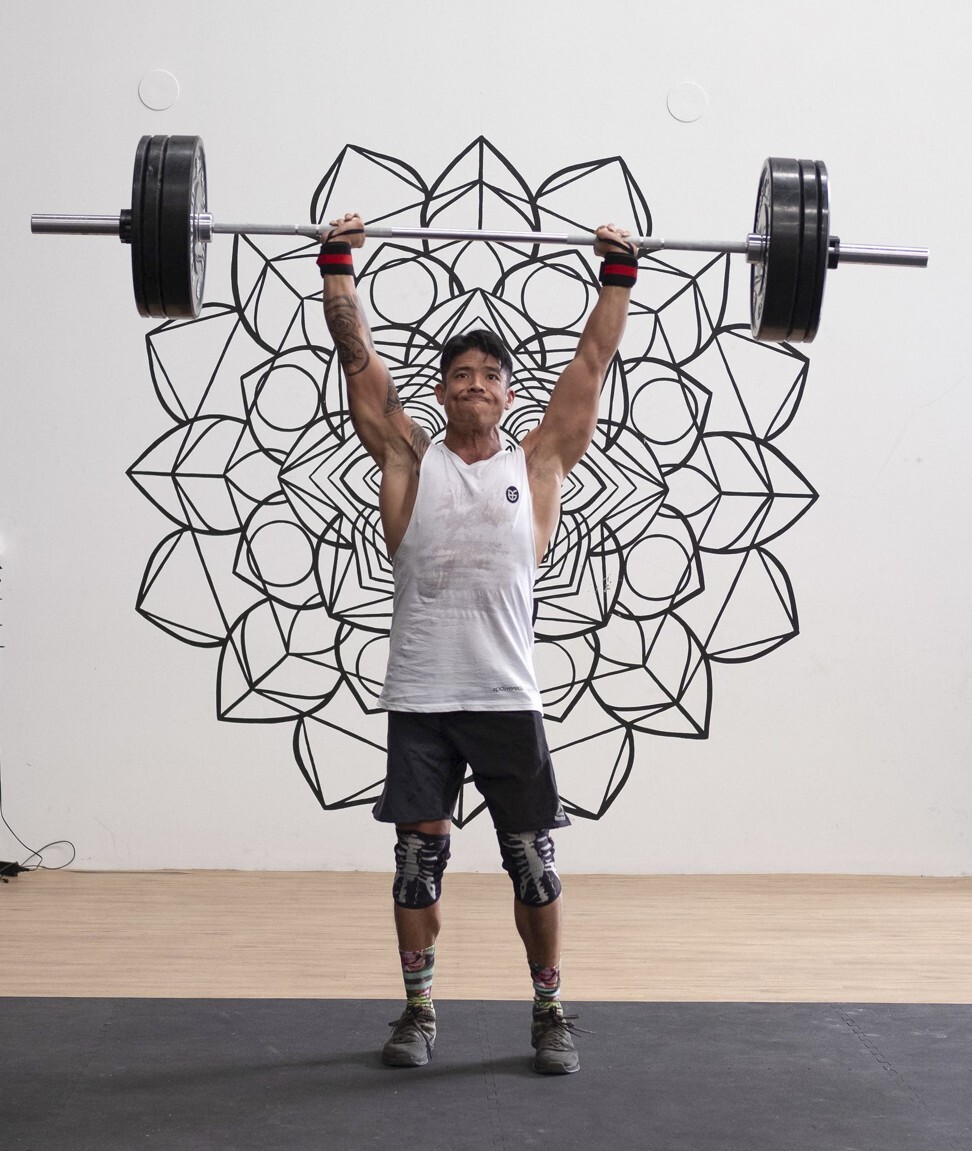
Vegan athlete couple on their plant-based performance boost: more energy, faster recovery – it’s ‘the way forward’, they say
- Singapore-based bodybuilder Luke Tan and his ultra-marathon-running wife Emilie saw the benefits almost overnight after adopting a plant-based diet
- Now they are raising their daughter as a vegan too, but she has some leeway so she doesn’t feel ‘left out and burdened by the lifestyle’
To see the benefits of a vegan lifestyle, look to Singapore-based fitness couple Luke and Emilie Tan.
The switch by the couple, made nearly a decade ago, from a diet that included meat, dairy and eggs was done for health reasons.
“We truly believe [going vegan is] the way forward,” Luke, 41, says. “It’s the best thing we can do for the animals, for the environment and for our health.” They are now raising their toddler on a plant-based diet, too.
Singaporean Luke is a bodybuilding strength athlete, “vegucator” (a vegan educator) and coach, while his Canadian wife is an ultra-marathon runner.
Emilie’s greatest running accomplishments include competing in the Australian national team for the 2018 100km World Championships in Croatia, and being crowned 2018 Ladies 100km Australian Champion.

Before she went vegan in 2012, Emilie, 36, says she had very bad digestion issues that had been escalating for years.
She decided to try a plant-based diet after being inspired by a friend and, almost overnight, felt as though her problems had disappeared. She also noticed that her energy levels and recovery times had improved drastically.
Seeing this change in his spouse sparked Luke’s curiosity, and they read books on the benefits of a vegan diet.
“What really pushed me over the edge was Earthlings, a documentary on animal cruelty,” Luke says. “I decided I wasn’t going to contribute to animal cruelty any more and literally turned vegan overnight.”

Within days of adopting this diet, Luke says he felt an increase in energy.
“My joint issues went away. I also used to have cysts, and they disappeared too.” He has asthma, but believes it is more manageable now, and he no longer suffers delayed onset muscle soreness after exercise, despite training up to two-and-a-half hours every day.

The shift in their diet has also triggered a change in their attitude towards training and fitness. Now, they like to see how far they can push themselves.
Luke is training for a SealFit Crucible event in the US state of California that has been postponed to March next year. This programme combines exercises that build both functional fitness and mental toughness.
To make the cut, male participants must do 50 push-ups in two minutes, 50 sit-ups in two minutes, 50 air squats in two minutes, 10 dead hang pull-ups, and run a mile (1.6km) – in boots and utility trousers – in 9½ minutes. Then they are tasked with completing a “Murph” in 75 minutes or less. The popular CrossFit workout entails a mile run, 100 pull-ups, 200 push-ups, 300 air squats, and another mile run, all while wearing boots and a weighted rucksack.

When Luke and Emilie became parents in 2017, it seemed natural for them to raise their now three-year-old daughter Sienna as a vegan.
“As long as I can decide what she puts in her mouth, it’s going to be plant-based,” Emilie says, admitting that she wishes she had been raised vegan herself.
Although the couple are strict about their own diets, Sienna has some leeway, and she enjoys non-vegan birthday cake when at school.
“We don’t want her to feel left out and burdened by the lifestyle. By being flexible we aren’t making it a chore, but rather a pleasure, and something she does because she loves animals,” Emilie says.
Among the lessons to be learned from this experience is the need for better hygiene, and to be respectful of others when you’re sick, the Tans believe.
“In the future, companies will be more sympathetic towards sick staff, allowing them to stay at home to avoid infecting others,” Emilie says.

Luke Tan’s tips on adopting a plant-based lifestyle
1. Surround yourself with like-minded individuals who have your interest at heart.
2. It is OK to be an imperfect plant-based person or vegan. One foot forward, or one small change (that is sustainable), is better than nothing at all. Keep pushing your boundaries.
3. Always have a strong “why” when you decide to do something. What to do, and how to do it, will simply fall into place.
